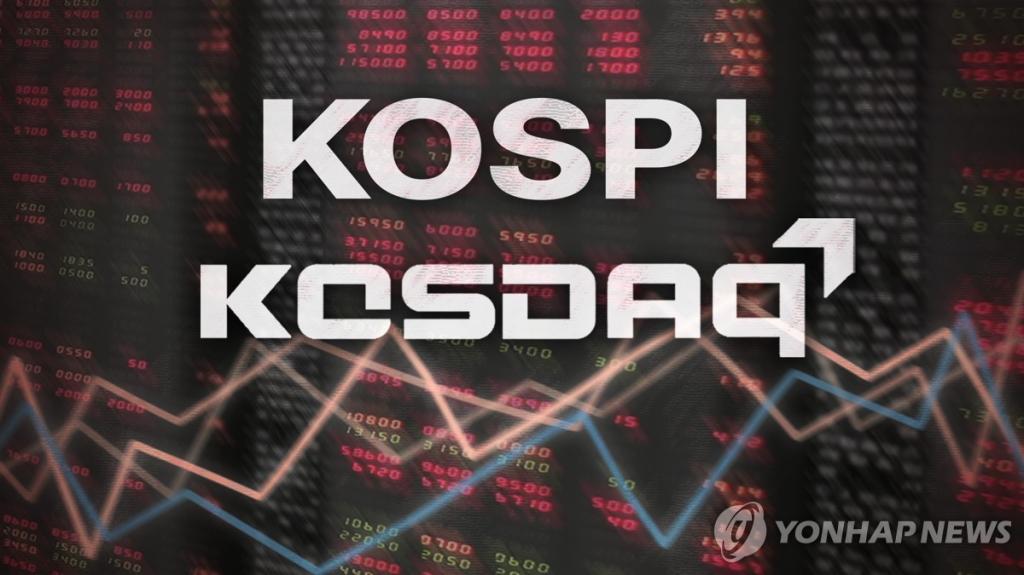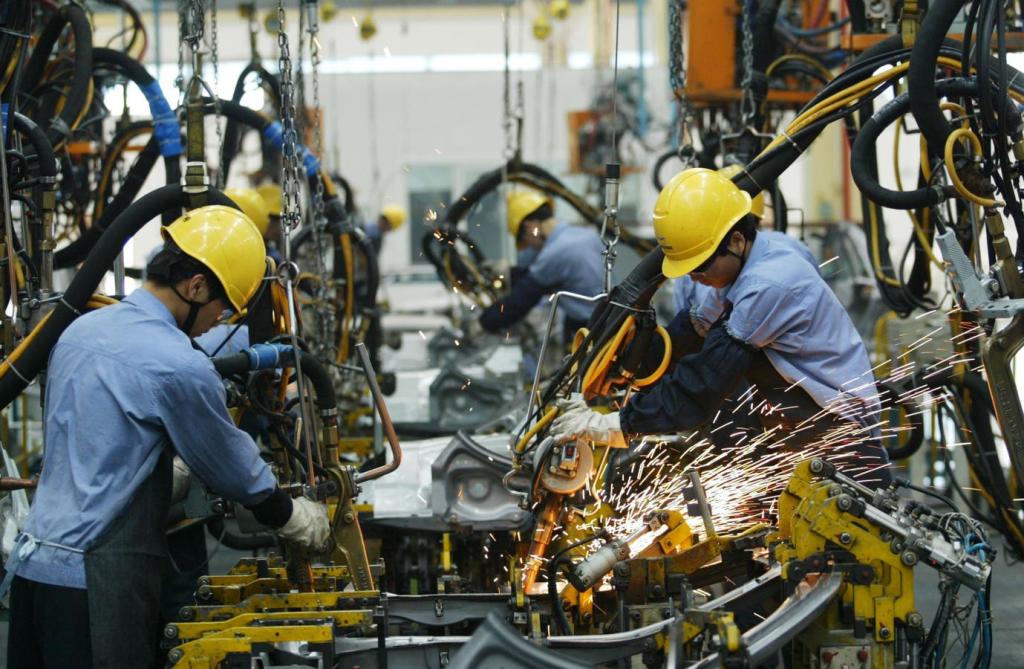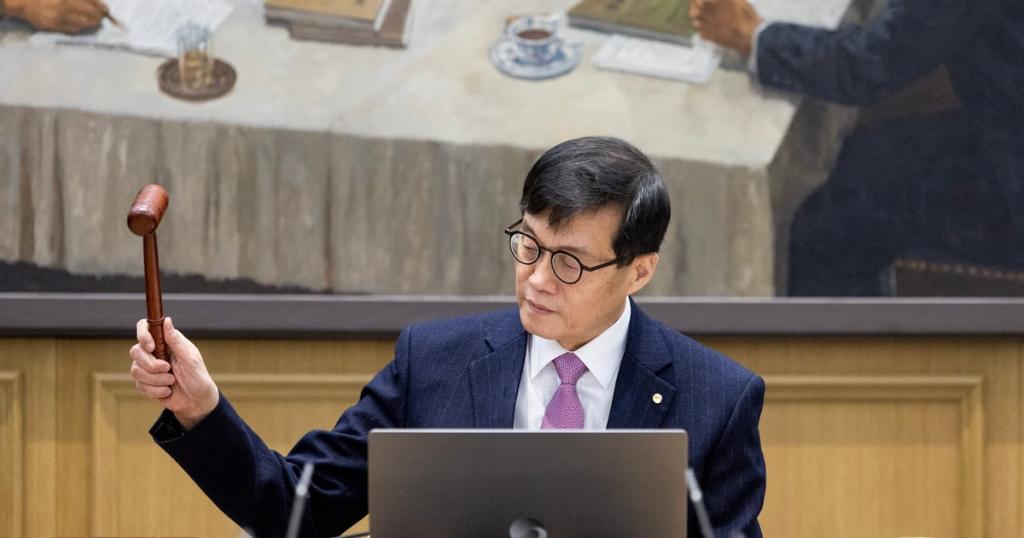South Korea's Markets Face Turbulence Amid U.S. Recession Fears
Discover how South Korea's markets are navigating turbulence amid U.S. recession fears and explore strategic investment opportunities in this challenging landscape.

Key Points
- South Korea's KOSPI index has dropped below 2,600 amidst rising U.S. recession concerns, signaling potential market turbulence.
- Foreign and institutional investors are selling off shares, while individual investors seize buying opportunities during market declines.
- Technology stocks like SK Hynix
and
Samsung Electronicsare significantly impacted, highlighting the need for strategic investment amidst volatility.
The South Korean financial markets are currently experiencing significant turbulence as concerns about a looming U.S. recession resurface. Recent reports show that the KOSPI index faced a steep decline, falling below the 2,600 mark for the first time in over two months. This situation has raised alarm bells for investors, prompting a closer examination of the factors at play and the potential implications for the future.
As of early September, the KOSPI index closed down by 3.15%, settling at 2,580.80 points. This marked a notable drop from its previous trading sessions, exacerbated by phrases like "economic downturn" that have become all too familiar in the financial news. The decreased consumer confidence in the U.S. coupled with a troubling manufacturing PMI rating of 47.2 has contributed to the growing sense of uncertainty, both domestically in South Korea and abroad.

Understanding the Market Dynamics
Several factors are contributing to this turmoil. Notably, there has been a wave of selling pressure from foreign and institutional investors, with net sell-offs reported at 9.86 trillion won and 7.31 trillion won, respectively. In contrast, individual investors remain optimistic, purchasing an encouraging 16.48 trillion won worth of shares, demonstrating a willingness to buy during downturns.
This behavior underscores a critical point: even in the face of a potential recession, individual investors can drive market stabilization through strategic buying. This phenomenon hints at a nuanced relationship within market dynamics where investment patterns can shift based on economic climates. For instance, the recent resilience of companies like KT&G and Korea Electric Power indicates that defensive stocks could provide a buffer against broader market declines.
Sector Impact and Resilience
The impact of these fluctuations extends across various sectors, with technology stocks being hit particularly hard. Major players in the semiconductor sector, such as SK Hynix and Samsung Electronics, have seen their valuations plummet in response to U.S. market trends, with SK Hynix experiencing an 8.02% decline. The cause for concern here is twofold: not only are these corporations pivotal to the South Korean economy, but they also signify broader trends in tech investment globally.
In navigating these turbulent times, it is essential to keep a close eye on technical indicators and market sentiments. For example, the tendency of the market to oversell creates potential buying opportunities. Previous market corrections have shown that periods of significant downturns can ultimately position savvy investors to capitalize on "buy low" strategies.
Investor Sentiment and Future Outlook
As the financial landscape continues to shift, investor sentiment remains a crucial aspect to consider. The fear of a recession can often lead to defensive behavior, yet it can also present unique investment opportunities. Analysts advocate for a balanced approach—considering defensive stocks while identifying growth potential in sectors like renewable energy and biotechnology.
Furthermore, upcoming economic reports from the U.S. could play a pivotal role in the trajectory of the South Korean market. With eyes on upcoming labor market data, investors must remain vigilant, adjusting their strategies based on the broader economic signals that emerge.
In looking forward, market analysts suggest integrating a variety of asset classes within investment portfolios while recognizing that volatility, though unsettling, often accompanies periods of exponential growth. Historical evidence suggests that markets have a tendency to rebound from downturns, making it essential to remain informed and engaged.
Wrapping Up the Current Climate
As South Korea’s markets face the repercussions of U.S. recession fears, it's clear that both challenges and opportunities lie ahead. Major index declines serve as stark reminders of the market's volatility, but they also reflect the potential for strategic investment growth amidst adversity. By focusing on fundamentals, understanding market behavior, and adapting to ongoing changes, both seasoned and new investors can navigate these challenging waters effectively.
The path forward may not be easy, but with careful planning and a keen eye for emerging trends, the South Korean market has a resilient spirit that could pave the way for future successes. As the saying goes, sometimes the greatest opportunities emerge from the most turbulent times.


